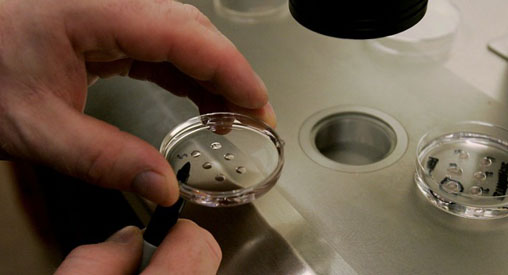Libido or colloquially sex drive, is a person’s overall sexual drive or desire for sexual activity. Sex drive is determined by biological, psychological, and social factors. Biologically, levels of hormones such Sexual Desire/Libido as testosterone are believed to affect sex drive; social factors, such as work and family, also have an impact; as do internal psychological factors, like personality and stress. Sex drive may be affected by medical conditions, medications, lifestyle and relationship issues. A person who has extremely frequent or a suddenly increased sex drive may be experiencing hyper sexuality, or puberty in which the body builds up chemicals and causes a higher sex drive.










